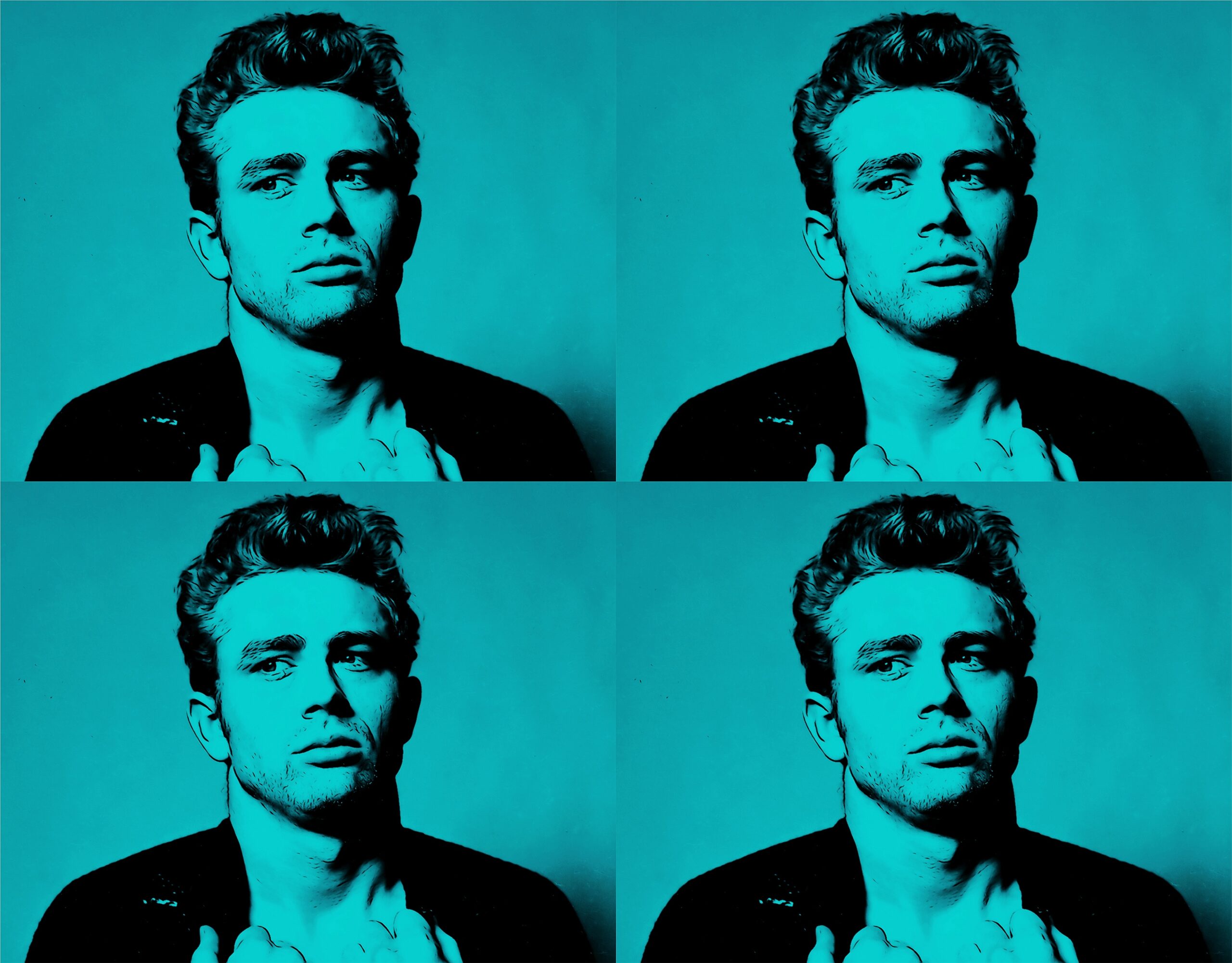Against Angst
Most teen movies encourage rebellion and nonconformity, but a few offer lessons in prudence.

Anyone who grew up thinking of themselves as an outcast, outsider, or overall oddball would likely have noticed that, far from being exiles from popular culture, they were the beneficiary of a cottage industry of books and movies made just for them.
From James Joyce’s A Portrait of the Artist as a Young Man to J.D. Salinger’s The Catcher in the Rye to S.E. Hinton’s The Outsiders, many modern novels seem to have been written with the sole objective of reflecting back their readers’ feelings of adolescent estrangement. This was even more true in Hollywood, where substantial sums of money were to be made by assuring the rebels in the audience that their rebelliousness was shared by famous movie stars—which would seem to defeat the entire point of being a rebel, but since when were teenagers troubled by contradictions?
For example, the 1955 classic Rebel Without a Cause starred James Dean as a young man whose intense feelings of woe and indignation have rarely been seriously questioned or scrutinized. But, in an essay written in the early 1990s, filmmaker and film scholar Peter Bogdanovich remembered his mother’s expression of outrage over the implausibly positive portrayal of Dean and the other teens in the picture. At the time, he dismissed her opinions, but in time, he came around. “She said that because there was not even one intelligent and responsible adult in the entire film, it presented an unfairly slanted view of youngsters and of life in general: the kids were completely right, the parents and other authority figures were completely wrong,” Bogdanovich wrote. Three cheers for the mom of the maker of The Last Picture Show.
The trend persisted long past the days of James Dean. Witness, for example, such movies as The Breakfast Club (1985), Dead Poets Society (1989), or Almost Famous (2000)—all of which I like, to one degree or another, but all of which exist, in commercial terms, to validate and vindicate the superiority of being among the “uncool,” as the Philip Seymour Hoffman character sagely describes the young protagonist of the last movie.
Far rarer are those works of art that nudge the misfits to adopt healthier, better-adjusted, or simply more normal attitudes—but I first saw one such film some 25 years ago, when I myself was an adolescent all too prone to revel in the company of literary and cinematic rebels.
Based on a play by William Inge, the 1955 drama Picnic revolves around the competing dispositions and worldviews of two sisters in Kansas, the pretty and fawned-over Madge (Kim Novak) and the tomboyish and ignored Millie (Susan Strasberg), who seems to conceive of herself in opposition to her sibling. When we meet her in the film, Millie is first seen bouncing a basketball that she soon trades for a book and a cigarette—sure signs that she is an apostate to the conventions of mid-American life at midcentury. By contrast, Madge is first encountered drying her “silly hair,” as Millie calls it, while hanging her head outside of her window.
In fact, Inge leans on Millie to offer remarks on and against the real and imagined provincialism of the town into which she was born and from which she eagerly hopes to one day flee. For example, urged by her mother and sister to find herself a date for the Labor Day picnic, Millie says, “I will dress and act the way I want,” before arming herself with a baseball cap and eyeglasses and digging ever deeper into her copy of The Heart is a Lonely Hunter—just the sort of mildly literary, slightly scandalous book that signals to the audience her delusions of grandeur.
Subscribe Today
Get daily emails in your inbox
Not that I considered Millie deluded at all when I saw the movie all those years ago. I took her perspective as a rally cry. Having grown up on The Catcher in the Rye and Dead Poets Society, I loved it when Millie said, “When I graduate from college, I’m going to New York and write novels that’ll shock people right out of their senses.” Moving to New York, writing novels, upsetting the pieties of narrow-minded readers—it all sounded so worthwhile, so glamorous, so clearly right.
Yet the movie comes to a different conclusion. The great issue in the story is whether Madge will marry a fellow named Hal (William Holden), a wayward drifter who nonetheless has great reserves of magnetism, charm, and decency. At the decisive moment, Millie, of all people, encourages Madge to take the risk of going with Hal. She is careful to clarify that the path she is urging for her sister is not one she will ever take: “I’m never going to fall in love. Not me. I’m not going to live in some jerkwater town and marry some ornery guy and raise a lot of grimy kids.” Then, getting up from the bed where she was sitting, Millie exhorts Madge to choose another way: “But just because I’m a dope doesn’t mean you have to be.”
The correlation of nonconformity with dopiness was a bold message for a movie made in 1955—the same year, in case you hadn’t noticed, as Rebel Without a Cause—and it’s an even bolder one today. But Millie had it right: obstinacy may work for Holden Caulfield, and rebelliousness for James Dean (or at least his characters), but in the real world, convention is usually the better path. Whenever I think about Picnic, I often ask myself who had the happier lot in life: Millie with her books, or Madge with her family—even if it was in a jerkwater town?